Pinocchio and Jung in Westworld

Have a Theory? Share It Now!
“What [Carl] Jung was trying to do was resurrect deep religious interpretations, from the dead so to speak, of our ancestors and to make them conscious so that people could align themselves with them again.” –Jordan Peterson
Greetings:
I have been listening to you guys from the beginning and have enjoyed all of your podcasts very much. I wanted to write you guys because of things that I have discovered over the past couple of days.
Gene, I believe the wolf to be the god of war. There’s just a lot of other great stuff, so I saved that for the end (sort of).
The above link is a long video of a presentation Prof. Jordan Peterson gave on a Jungian analysis of Pinocchio. I say that there is a case to be made that Westworld is also in part a Jungian analysis of Pinocchio.
The meat of my argument should be self-evident by watching the above video from 42:07 until the end.
Here are some highlights from the first 42 minutes.
A. Wyatt is the God of war.
time code: [12:11]
“…from the Jungian perspective, a lot of the forces, the ancient people considered deities were personified representations of instinctual systems…a way of thinking about the collective unconscious, (in many ways Jung’s representation of the Freudian id). Mars is the Roman God of war. Venus is the god of love…”
I contend that in Westworld the Mars archetype is represented as Wyatt. Think of how Dolores and Teddy kill Arnold and the other hosts. Their faces and words tell us that they are aware of themselves doing this but it is not of their control. They have been programmed with part of Wyatt’s behavioral ability. Note how meta Westworld is:
i. Shakespeare called humans “the playthings of the gods.”
[13:05]
“Why would we conceptualize [war and love] as Gods? [Shakespeare] for example said that humans are the playthings of the Gods…Here’s one way of thinking about it. What’s older, you or aggression? The answer to that is…the system that mediates biological aggression in mammals…is tens of millions of years old…If you think you control it rather than the other way around you’re deluded about your central nature.
ii. The God of War acts through Dolores and Teddy.
“Part of it is that you don’t control [aggression] at all. What happens is you never go anywehere where you need to use it and so what happens to soldiers when they go to wartime…[and find that they] could use it and out it comes…The consequence of that awareness is so traumatic that they develop PTSD. They observe themselves doing things that are hyper-aggressive; that they would never have imagined people like them could have manifested.”
B. The Maze: Consciousness and the Brain.
Peterson says that the idea that consciousness results from the most recently evolved, outer-most layer of our brain is wrong. The outer layer, he says, is associated with our ability for language and using abstract symbols. He, and Jung presumably, instead reckon that the drivers of consciousnss are in fact rooted in the most primitive and innermost layer.
Note that many believe the maze itself resembles the brain, with the answer being at its center.
We see that Arnold begins to think more Jungian when he abandons the pyramid model and develops the maze model. The answer is at the center of the maze (brain) and if you decide to rely on outermore constructs, you lose your humanity or go mad. This is also very Jungian, I think.
C. The hostile brothers (The Man in Black and Teddy)
[26:39]
“When we go to the movies we can think of [characters] as an approxomate representations of the archetype…or as…exposure to the archetype fresh and interesting…You want to explore the complex behavioral representation of the archetype of evil in every conceivable situation.
“So for example there’s the bad guy and he wears the black hat in a cowboy movie. You accept the distinction between good guys and bad as an…acceptable distinction and Jung would argue ‘well that’s an archetype. What underlies that is the archetype of the hostile brothers.’
Peterson says that Cain and Abel is one example of the hostile brothers archetype. He uses Jesus and Satan as another example. He says that Satan embodies all that we would consider evil, “as a limit case”. Jesus would be the opposite limit case, encompassing all we would consider good. I believe in Westworld, this archetype is represented by the man in black and Teddy.
Peterson mentions that it is common for the evil side of the hostile brothers to be someone who is nameless or whose name should not be uttered, as in Harry Potter…or the man in black.
D. Arnold. The Great Father. The Wise Old Man. Giapetto.
Peterson says that the father represents society and the “benevolently protection of your social surrounds.”
The father also depicts a dichotomy:
“Social systems tend toward autharitarianism and tyranny and oppress the individuals within them at the same time as they sustain their development. And so THAT’s a dichotomy”
E. The Great Mother. Ford. Nature
[35:47]
“Most archetypes come in pairs. A positive and negative element because virtually anything that manifests itself to you in a complex environment if you’re a living being, takes with one hand and gives with the other. So nature is benevolent and kind and wise and also cancer and malaria and mosquitoes and the Tetsi(?) fly, the guinea worm and all these that are horrifying and destructive beyond belief.”
F. The individual. The host.
“And then there’s the individual who is on one hand a remarkable and wonderful creature and on the other hand someone who is capable of atrocities like those committed by millions of people throughout the 20th century. Those are all archetypes.”
Enjoy the video. Let me know what you think.
And Gene, here’s what I think the wolf is:
“For the Romans the wolf was the symbol for Mars, the God of war. The combination of the wolf with war was not meant to be negative but, instead, correlated it to the glorious death of a warrior or emperor. Furthermore, the fighting heroes were compared with furious wolves.”
Remember that in episode 2, Dolores also sees the same image of the city full of bodies and the wolf. Dolores and Teddy have Wyatt in them. Mars.
Take care,
Larry
Subscribe Now
- Android: https://shatpod.com/tv/westworld-android
- Apple/iTunes: https://shatpod.com/tv/westworld-itunes
Help Support the Podcast
- Contact Us: https://www.shatpod.com/contact
- Commission Movie: https://www.shatpod.com/support
- Support with Paypal: https://www.shatpod.com/paypal
- Support With Venmo: https://www.shatpod.com/venmo
- Shop Merchandise: https://www.shatpod.com/shop
- Shop Amazon With Our Affiliate Link – https://www.amazon.com/?tag=shatmovies-20
- Theme Song – “The Ecstasy Of Gold” (Hip Hop Instrumental Version) by Dj 2 Bad
- Outro Music – By Simon Eric Haywood
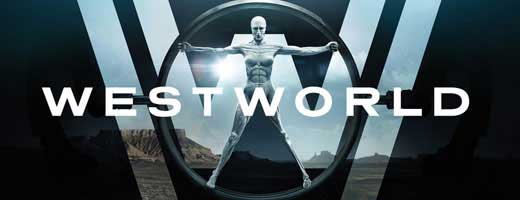
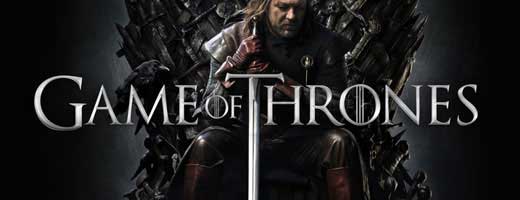
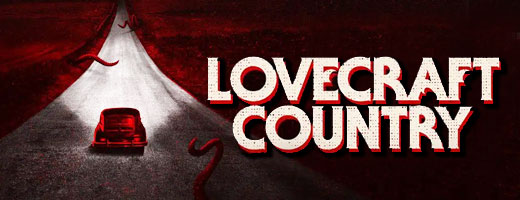
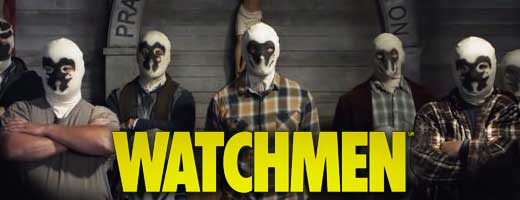
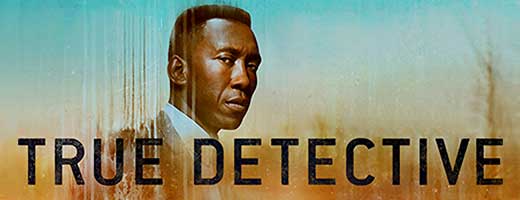
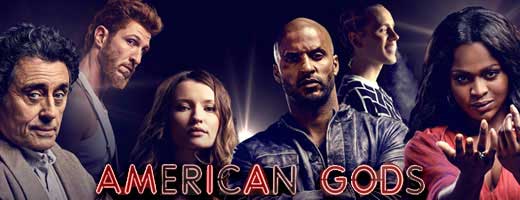
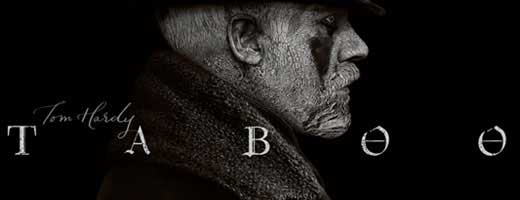
I think it makes more sense to construe Ford as the father and Arnold as the mother. Ford is control, and helps them function in the social world, but his authority has to defeated at the end and he has to be destroyed for new order to take place.
The great mother represents the complete humility of the human condition, and Arnold nurtures but also handicaps them. The mother holds all the potential for creating and destroying at the same time, which is what he tries to do when he has Delores kill him. The mother is always a reminder of the limitations of the human condition, and Arnold’s role is to limit them (even if for a benevolent purpose).
It’s not a perfect map, but seems to make more sense in that mapping.